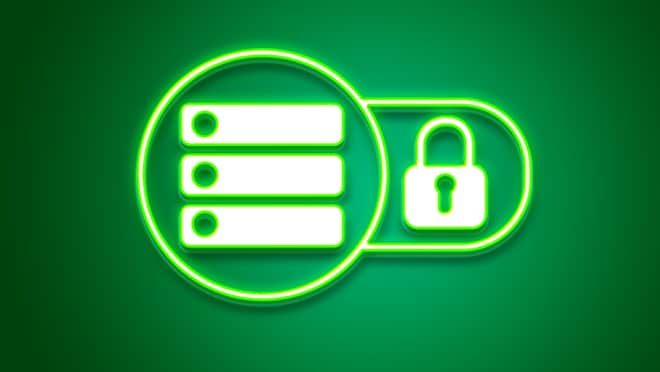What to know
- The National Center for Health Statistics takes protecting privacy and confidentiality very seriously.
- Specific legal protections safeguard private and confidential information collected by the National Health Interview Survey (NHIS).
- NHIS protects information from individual participants by combining it with data from all participants.

Your privacy
Protecting the privacy of people who participate in the National Health Interview Survey (NHIS) is always a top priority for the National Center for Health Statistics (NCHS).
NCHS is bound by law to protect your data. We follow rigorous privacy standards that have protected every NHIS participant since the first survey in 1957.
All survey responses are immediately encrypted. This involves changing you information into electronic code that cannot be understood or used by others.
Did you know?
Laws to protect your data
NCHS staff, contractors, agents, and full research partners take steps to make sure your information is always confidential and protected. We will not disclose or release responses that can identify you without your consent, as required by—
- Section 308(d) of the Public Health Service Act (42 U.S.C. 242m(d)), and
- The Confidential Information Protection and Statistical Efficiency Act of 2018 or CIPSEA (44 U.S.C. 3561-3583).
Under CIPSEA, every NCHS employee, contractor, and agent has taken an oath and is subject to a jail term of up to five years, a fine of up to $250,000, or both if they willfully disclose ANY identifiable information about you.
NCHS also complies with the Privacy Act of 1974 (5 U.S.C. § 552a) and the Federal Cybersecurity Enhancement Act of 2015 (6 U.S.C. §§ 151 and 151 note). The Privacy Act established a code of "fair information practices" to protect against unwarranted invasions of privacy. The Federal Cybersecurity Enhancement Act protects federal information systems from cybersecurity risks by screening their networks.
Combined data
NCHS combines your data with information from thousands of other survey participants. Combined data are then carefully reviewed to ensure that no information can be linked back to you or any other person or family.
These steps allow NCHS to make estimates about the health of people living in America that are grounded in real-life experiences from survey participants like you. This approach tells us much about the landscape of the nation's health.
For example, because of NHIS, we know that—
- People without a high school diploma are less likely to have health insurance
- Men are more likely to smoke than women
- Obesity is highest among middle-aged adults
This knowledge is powerful because it helps us understand health and healthcare needs, including potential goals for research, public policy, and resources.
